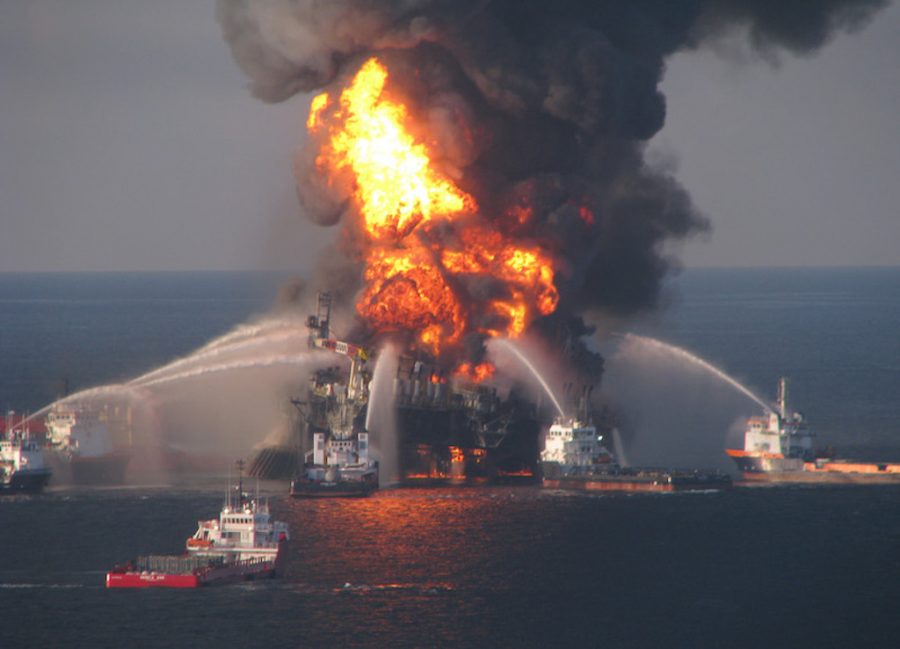Trump’s Administration Plan Will Put Wildlife at High Risk
The Trump Administration proposes idea to open nearly all U.S. shores to offshore oil and gas drilling by the beginning of next year, completely reversing the ban implemented by Obama in which blocks 94% of the coastal waters from this dangerous operation. This is just the beginning of Trump’s efforts to promote energy production, diminishing any sort of environmental restrictions that have been put in place in the past.
Raising controversy in the white house, Gov. of Florida, Rick Scott says, “I have asked to immediately meet with Secretary Zinke to discuss the concerns I have with this plan and the crucial need to remove Florida from consideration.”
Scott promises to protect Florida after the oil spill in the Gulf of Mexico in 2010, leaving 11 dead and millions of gallons of oil and methane in the ocean. Not to mention the billions of dollars spent in restoration and the countless amount of marine life that have been killed or harmed. The ones that survived still suffer developmental damages including stunted growth and reduced fertility.
The proposal concerns many environmental groups. “Trump’s trying to turn our oceans into oilfields. His reckless plan would expose more wildlife and coastal communities to devastating oil spills,” says Kristen Mondell, ocean program director at the Center for Biological Diversity.
In response Zinke explains, “we want to grow our nation’s offshore energy industry, instead of slowly surrendering it to foreign shores.” As oil drilling can be beneficial to the U.S. economically, the administration is failing to assess the measure of damages this will have on our ecosystems and overall environment.
These dangerous operations will have tremendous consequences on thousands of different species, including dolphins, whales, sea turtles, polar bears, fish, birds, seals, penguins, just to name a few. With this aggressive expansion of drilling, it will affect their populations permanently, being that some are already endangered. But it also affects the environment, 21% of all U.S. greenhouse gas emissions, including methane, are from extracted oil, gas, and coal. It releases these dangerous chemicals into the water and air, degrading the clean oxygen that humans –and wildlife– depend on for survival.
“Nothing is final,” Zinke claims at a news conference, “This is a draft program. The states, local communities and congressional delegations will all have a say.”
According to National Geographic, about 195 million gallons of gas are lost into our oceans yearly, due to extraction, transportation, and consumption. The new plan will raise the risk of damage immensely to the marine life, by polluting their waters, and adding to climate change. With the increased amount of population in the U.S. we are consuming more and more, relying heavier on our resources, however there are alternative options we must consider before it is too late.


